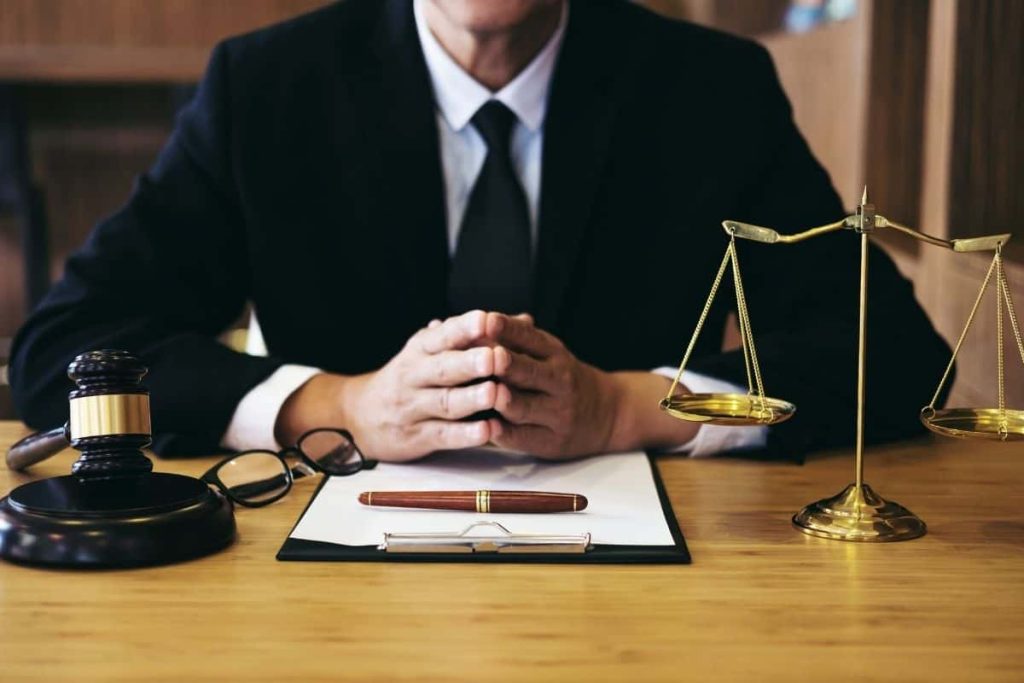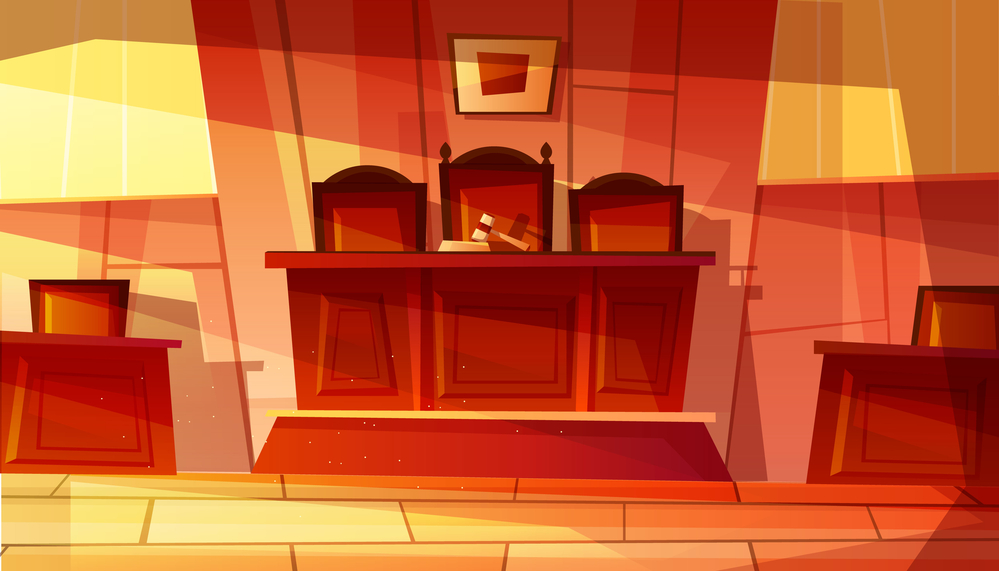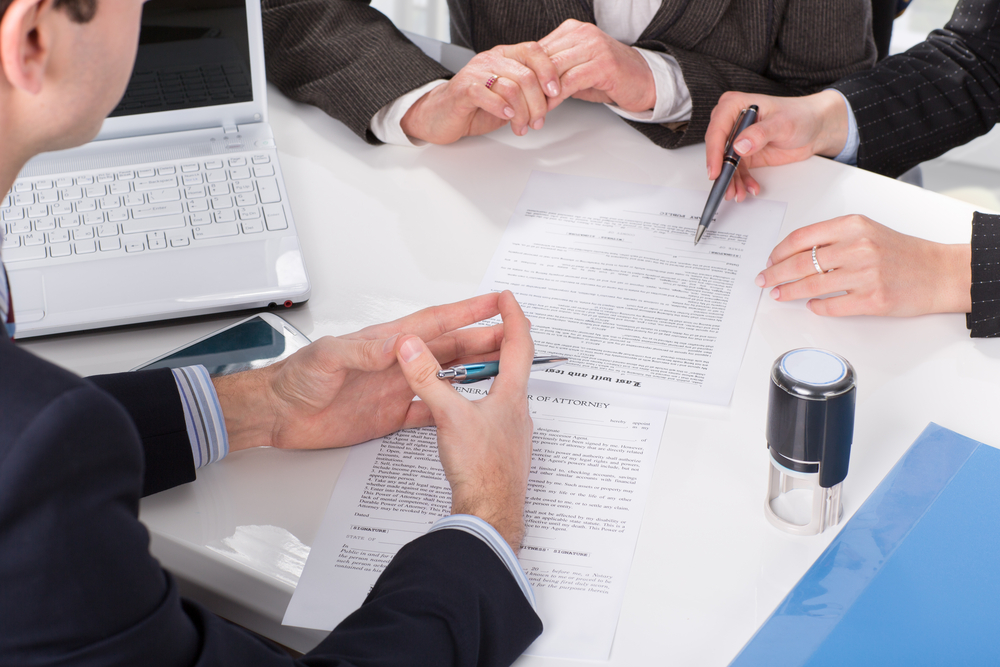
Criminal defence lawyers are tasked with representing those who have been accused of criminal offences, ranging from minor crimes all the way to murder.
As a qualified criminal lawyer, they are fully authorised to deal with criminal crimes of any kind, although most will specialise as criminal law is still a very broad field.
If you have recently been charged with a criminal offence and are on the search for legal representation you may be wondering exactly what it is that a criminal lawyer can do for you and how to go about finding someone suitable.
This guide is designed to give you all the information that you need on what exactly a criminal lawyer does, the different types of criminal lawyer in the UK, and what to expect when meeting with them for the first time.
Types of criminal lawyers
To break it down into the simplest possible terms there are two criminal lawyers involved in the majority of criminal cases, a defence attorney, and a prosecutor.
As a defendant, it is the job of the defence attorney to represent you in the best way possible, build a strong defence, discredit the prosecution’s case against you, and look to secure the most favourable outcome possible whether in court or via a settlement agreement.
The prosecutor, on the other hand, is tasked with proving your guilt.
Your defence lawyer does not only represent you in court but will guide you through the entire process, providing advice, support, and ensuring that you have realistic expectations of the likely outcomes that are possible.
To have the best chance of a successful defence, make sure that you get in touch with a criminal defence lawyer as soon as possible after being charged with a criminal offence, or even better make sure that you already have representation in place if you expect to be charged in the near future.
Having a lawyer to call when you are arrested can be extremely useful as they will be able to be at your side and represent you in police interviews.
The moment they have all the information regarding your case from you, they will begin to prepare a case for the defence, questioning witnesses and analysing all the available evidence to ensure that no detail is missed.
Meeting with a criminal lawyer for the first time
The initial consultation you have with a criminal lawyer is vital.
This meeting will give you a good idea if you want to hire them as your representation and work out if you will have a good working relationship.
It is very important that you ask any questions that you have at this stage.
Some of the best questions to ask in an initial criminal lawyer consultation include:
- What is your field of expertise?
- What is your fee structure? – Any lawyer unable to provide you with a clear picture of what fees they will charge for each service they provide should be avoided.
- How long do you expect the process to take?
- What information do you need from me?
- Who is part of the team who will be working on my case?
- How often will we meet?
- How can I get in touch if I need advice?
The more information that your lawyer has from the very start the more time they will have to build a strong defence.
Ahead of your initial meeting they may ask you to prepare some documents regarding the incident in question to bring with you on the day.
Even if they do not ask specifically, take along anything that you think may be relevant.
You can take a family member, or friend, along to your meeting although they will probably have to leave the room at some point as your lawyer will wish to speak with you alone to avoid embarrassment that may obscure the full facts and maintain attorney-client privilege.
If you have a witness or witnesses to the incident, they can also attend the meeting, or take their details with you so the lawyer can contact them in the future.
It is completely normal to be anxious before meeting a criminal lawyer but bear in mind that this is what they do for a living and any nerves or emotions that you have they will have seen in plenty of other clients in the past.
How to find a suitable Criminal Lawyer
The best way to start your search for a Criminal Defense Lawyer is by looking for those who specialise in defending their clients from similar charges to the ones that you are facing.
A good way to judge their reputation is by looking at online reviews or through word of mouth with family and friends but you will never really know if they are compatible with your needs until you speak to them in person so make a shortlist of potential options and go from there.

